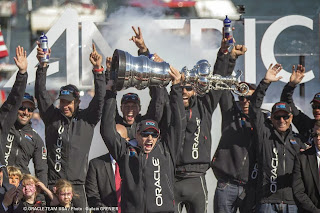During Labor Day weekend 2013, 300 teenagers broke into and trashed the home belonging to Brian Holloway in Stephentown, N.Y. The teenagers took photos of themselves and each other as the $20,000 damage was occurring and posted them on Twitter, along with running in-progress dialog.
Holloway, an ex NFL player, invited the teenagers to come help clean and repair the damage, urging the them to take responsibility for their actions and for the community to come together to help them learn to make better decisions and re-direct their lives as they are on the cusp of serious implications for their own futures: drugs, alcohol and more serious criminal activities.
Holloway re-posted the photos and dialog from Twitter on a web site
http://www.helpmesave300.com/ where he asks the public to help him save the 300 teens by teaching and guiding them to a more responsible path.
The teenagers' parents voiced criticism of Holloway's re-posting the photos on his website. Some threatening lawsuits and other retaliations for reposting the original photos and tweets. One of the student's tweeted during the event: "So glad my parents don't give a f### what I do".
Vandalism isn't just about property damage. It damages the lives of those directly impacted both the victims and perpetrators. It's a long lasting and life changing event.
In the era of social media and the desire to be "first post!", this is a window into the real views of the teens which is unhindered and not self-censored, with no parental interference. The images and tweets are global and cannot be retracted. They are what they are. They will be there forever because that is the nature of the internet. Nothing is ever removed permanently. There's always a backup somewhere with the images and tweets.
Parents need to be concerned about the effects however, pretending that their children didn't do anything wrong or denying their actions doesn't set a very positive example. Getting "caught" isn't the punishment. The teens are already "caught". It's about why did they think that it was "OK" to start with? Some of the vandals were not children or teens, they are adults over 18 and became negative role models to the others. Why did any of the 300 think it was OK to trash the house of friend, neighbor, schoolmate, teammate, resident? Why do the parents think it is OK to deny the implications of the actions in and for their own family, friends, school and community?
As of 9/22/2013, 4 of the 300 have helped restore the damage done; the community did come together and helped repair the house. 4 maybe not seem to be a large number, but that's 4 teens and their families who understood the importance what happened and the need for change. There are 296 more lives that need to be turned around.
The parents of the 296 need to "give a f###" about their children and show that they do care. That they care for themselves, their children, their lives and the community.





